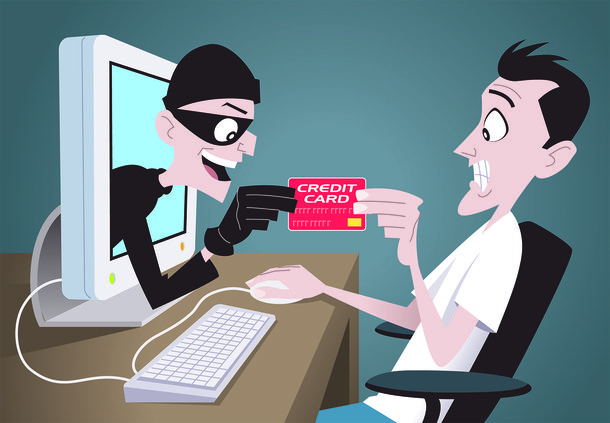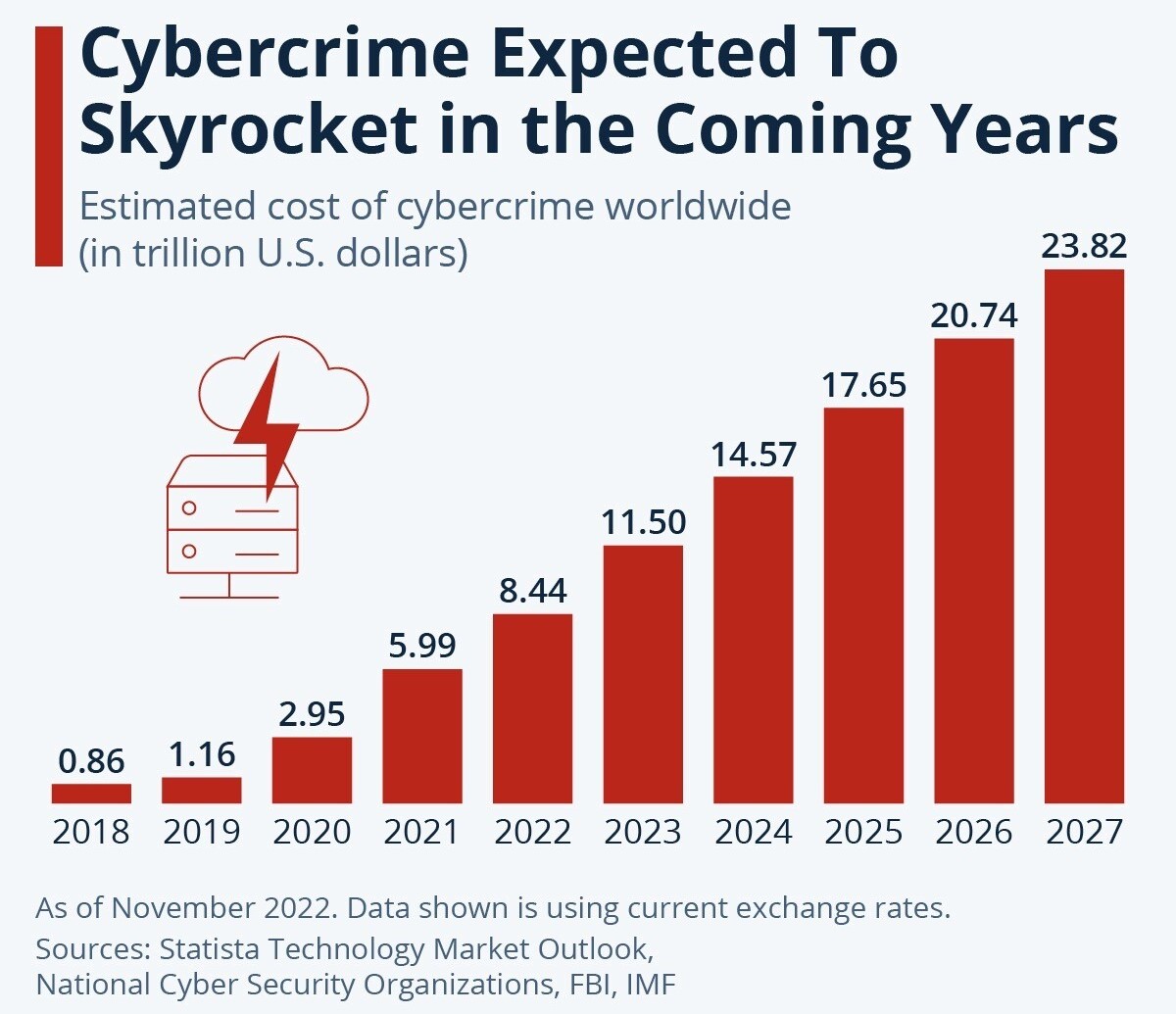
Why Cybersecurity Matters?
12 March 2024


Cybercrime refers to criminal activities that are carried out using computers and the internet. It consists of a broad range of illegal activities, and cybercriminals use various techniques to extract data, and commit fraud. To protect ourselves from cybercrime, it is useful to adopt certain practices.
Let's break down "cybercrime" in simple terms.
Imagine the internet as a big virtual city where people can communicate,
share information, and do various activities. Now, just like in the real world, there are some
individuals who engage in illegal activities or harm others in this virtual city. That's where
"cybercrime" comes in.
Cybercrime refers to illegal activities that happen in the digital
world, like hacking, stealing information, spreading computer viruses, or scamming people online.
It's basically a type of crime that involves computers, networks (which are like the roads and
connections in our virtual city), and the information that travels through them.
There are a few types of cybercrime such as:
» Hacking: Imagine someone breaking into a house, but in the digital world, it's breaking into computer systems or networks to access information they shouldn't.
» Identity Theft: This is like someone pretending to be you in the virtual world, stealing your personal information, and using it for their own gain.
» Phishing: This is like a virtual scam where criminals trick people into giving away their personal information, like passwords or credit card numbers, by pretending to be a trustworthy source.
» Malware: Just like viruses can make people sick, there are computer viruses (malware) that can infect computers and cause harm by stealing information or damaging files.
» Online Scams: Similar to real-world scams, there are various scams online where people try to trick you into giving them money or valuable information.

In short, cybercrime is all about illegal activities that take place in
the digital realm, causing harm to individuals, organizations, or even entire societies.
To
protect ourselves in this virtual city, it's important to be aware of these potential dangers and
take measures to stay safe online.
These include:
|
Imagine the internet as a big marketplace where people exchange information, just like in a real-world market. Now, just as there are good and bad products in a market, there are also different people in the digital world who take part in illegal activities, and that's what we call "cybercrime." |
In summary, cybercrime is like illegal activities in the digital marketplace. Over time, it has evolved from simple break-ins to sophisticated schemes, affecting individuals, businesses, and even nations. Staying safe in this digital world means being aware of these threats and taking steps to protect your digital "valuables".

|
Imagine your computer and the internet are like your house, and you want to keep it safe from thieves (cyber criminals). Here are some basic strategies to protect yourself from cybercrime: |
By following these basic strategies, you can make your online data more secure and reduce the chances of falling victim to cybercrime.

Credits: Ms. Aabha Bhandari |
32 Shares |
February 17, 2024 |